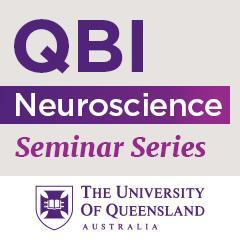Slow down, Old-Timer! How ageing is making us rush
Speaker
Dr J. Bertran-Gonzalez, DECRA Research Fellow, School of Psychology, University of New South Wales
Description
In a similar way to space, estimates of time are a fundamental component of goal-directed learning, and adjustments of the “time of action” play a crucial role in the proper formation and automatization of action sequences. Combining a series of behavioural designs with extensive neuronal imaging and circuit-specific manipulations in mice, we found that aged mice produced aberrantly structured and much faster sequences of action than young mice, which correlated with functional decline of posterolateral cortico-striatal circuits. Importantly, pharmacogenetic manipulation of this circuitry reproduced some of these features, and application of instructive cues transitorily restored both the latency and structure of action in aged mice. Altogether, our findings may help explain why acquiring new skills can be so problematic in the elderly, and may provide strategies to bypass this deficit.
About Neuroscience Seminars
Neuroscience seminars at the QBI play a major role in the advancement of neuroscience in the Asia-Pacific region. The primary goal of these seminars is to promote excellence in neuroscience through the exchange of ideas, establishing new collaborations and augmenting partnerships already in place.
Seminars in the QBI Auditorium on Level 7 are held on Wednesdays at 12-1pm, which are sometimes simulcast on Zoom (with approval from the speaker). We also occassionally hold seminars from international speakers via Zoom. The days and times of these seminars will vary depending on the time zone of the speaker. Please see each seminar listed below for details.



